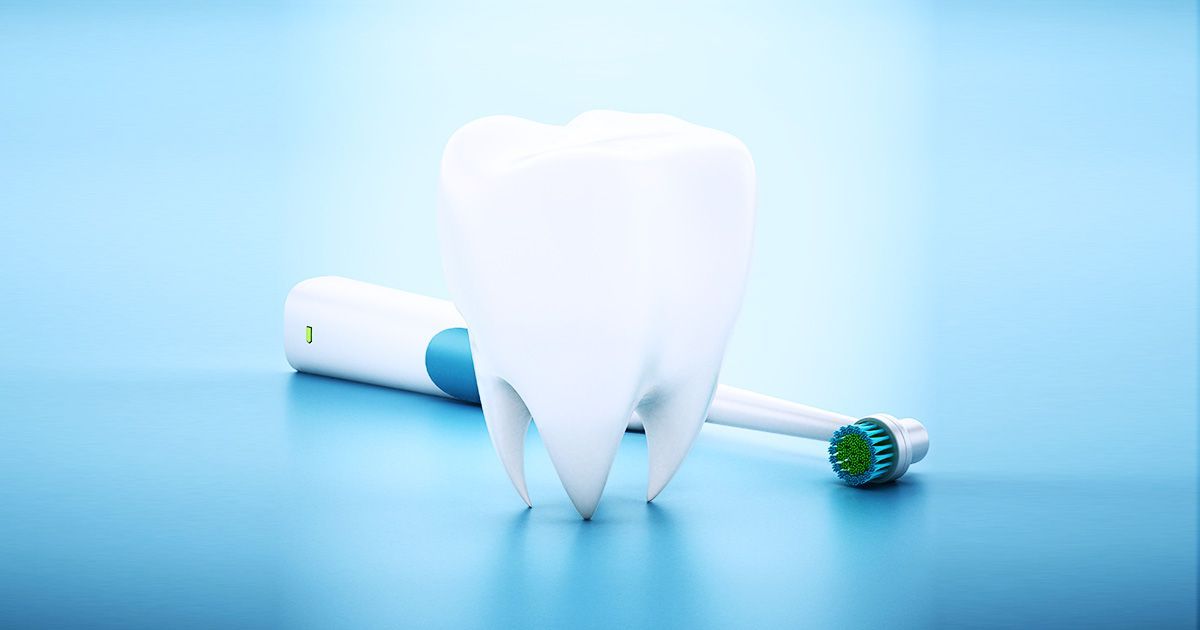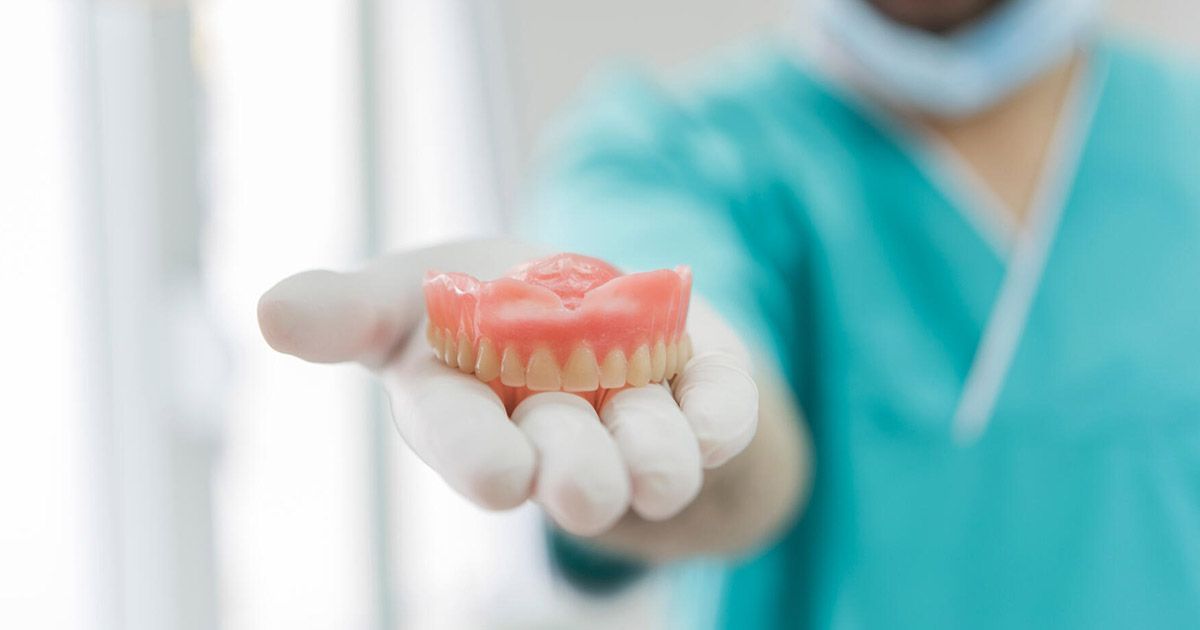How Do Dental Implants Work? A Beginner's Guide
How do dental implants work? Find out in this guide, and learn if implants might be the best solution to your dental health here.

Benefits of Dental Implants
Dental implants work by putting a metal rod in the gum and bone where you are missing teeth. You are essentially getting new teeth when you receive a dental implant.
Confidence
Dental implants have many benefits, including more confidence in your smile. Missing teeth might cause you to keep your lips closed. You also might avoid talking to people at social functions.
Implants give your smile a natural look. Implants don't look 'fake.' You won't be able to tell the difference between a 'real' tooth and an implant.
Confidence helps you on the job, in the classroom, and even in relationships.
With new teeth, you will chew your food better. That means better digestion!
Reduce Bone Loss
Moreover, working with a dentist in Bedford, NH, will improve your dental health by reducing bone loss. They keep your jaw healthy!
Missing teeth mean bone loss. When the metal post is placed into your jawbone, an implant encourages new bone growth.
Stability
New teeth create stability. When you are missing a tooth, other teeth may shift or move.
Missing teeth affect your ability to chew and bite. Why should you avoid eating certain foods because of missing teeth or tooth pain?
Longevity
Implants are also durable. A recent study found that dental implants can last more than 20 years - longer than dental bridges or dentures.
Dental bridges and dentures need a lot of maintenance over the years. There are constant trips to the dentist and things you must do to maintain your dental health. Longevity for your dental health with implants means fewer trips to the dentist in Bedford, NH.
Fewer Cavities
According to the Centers for Disease Control, one in four adults has cavities. Cavities, also called tooth decay, cause tooth pain and even infections. If left untreated, tooth decay leads to tooth loss.
An implant uses a porcelain crown. Unlike a natural tooth, porcelain is virtually indestructible. It will never be subjected to disease or tooth decay.
Furthermore, a dentist in Bedford, NH, will never have to use a drill on your dental implant.
Are They Right For You?
As you consider the benefits of dental implants, it's best to talk with your dentist to find out if they are right for you.
Review Medical Information
Your dentist will review your medical information. They will look over what kinds of medication you take.
The dentist will also evaluate your medical history, including your cardiovascular and nervous systems. Both of those might impact healing.
Dental Exam
A dental exam reviews your dental health, including X-rays and 3D imaging. Both will do scans of your jawbone.
Your dentist will ask you about any additional tooth pain or look for tooth decay.
Check Bone Density
A dentist must evaluate your jawbone's bone density to ensure the implant will hold. Your implant could fail if you have low bone density. It's imperative to have good bone density for the implant to remain in your jaw.
Your dentist might have to do a bone graft or use a different type of implant for the process to work.
Begin the Dental Implant Process
The surgical procedure begins with your dentist using anesthesia to numb the area. The last thing you want to do is feel any pain!
Your dentist will then make an incision in your gum. The bone is exposed. At this point, the dentist will drill into your bone to make room for the metal dental implant.
The post must go deep into the bone. Remember, the metal post mimics the root of a tooth.
The process is complete once your dentist places the post into your jawbone.
You must now wait for the bone to grow around the metal post in your mouth. This could take several months to happen. It creates a base for your new tooth.
After you get your implant, your dentist will work with you to select a new 'tooth.' It will match your other teeth, and you'll look good as new.
You will soon have your new teeth in about one to two hours.
Healing
You may have minor bleeding, swelling of the face and gums, and pain following the procedure. The dentist might prescribe some pain medication and antibiotics to make sure you avoid an infection.
The dentist will use stitches to close up the wound. Depending on your dentist, they might dissolve independently or must be removed.
If there are any additional problems, it's best to consult your dentist about your dental health.
As the surgical site heals, you must eat soft foods to avoid aggravating the area. Mashed potatoes, milkshakes, and protein smoothies might be your best bet!
After about two weeks, you should be fully recovered. At this time, you can start brushing the implant.
In about three to six months, the jawbone should firm up around the implant, much like the root of a tooth.
How Dental Implants Work
Before asking your dentist about how dental implants work, you should know a few things.
First, you should learn the benefits of dental implants. Next, you should decide if they are right for you, and then you work with your dentist to begin the process. Furthermore, learning how your dental implant will heal over time is essential.
Please schedule an appointment with us to learn bout dental implants in Bedford, NH. Our team of skilled oral care experts will guide you through the process, letting you know about the benefits of dental implants.












